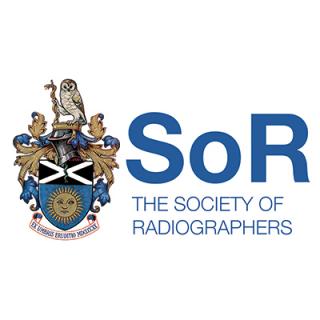After the publication of the NHSei document ‘Supporting pregnant women using maternity services during the coronavirus pandemic: Actions for NHS providers’ on 14th December 2020, the SoR archived the joint statement ‘Obstetric ultrasound examinations during the COVID-19 pandemic’ on 16th December 2020. This guidance was always intended as an interim measure during the pandemic.
The SoR has worked with the RCOG, RCM and NHSei colleagues to provide support for clinical
departments to ensure the safe reintroduction of a support person for obstetric ultrasound examinations for departments previously unable to accommodate this. To this effect the SoR held a joint webinar with the Chief Allied Health Professions Officer for England on 16th December 2020, to assist Trusts and clinical departments to find innovative solutions to enable a support person to be present, negating the need for alternative arrangements to be in place. Notes from that meeting are available on the SoR website.
The SoR will begin a process to develop new guidance on support during obstetric scanning, building on the best practice during the pandemic for those times where support persons are not able to be present for critical scan appointments. Whilst this proceeds and whilst the pandemic measures continue, we have archived the document ‘NHS Obstetric Ultrasound Examinations. Guidance on Sale of Images, Fetal Sexing, Commercial Considerations and Requests to Record’. The SoR and the British Medical Ultrasound Society (BMUS) Covid-19 frequently asked questions page has also been updated to remove the links to the now archived joint statement.
In the meantime, if a support person is unable to attend ultrasound examinations due to Covid-19 restrictions, we continue to support local decisions and arrangements being in place for communicating with partners and /or other family members, in the event of unexpected findings being detected during an ultrasound examination or additional support being required.
